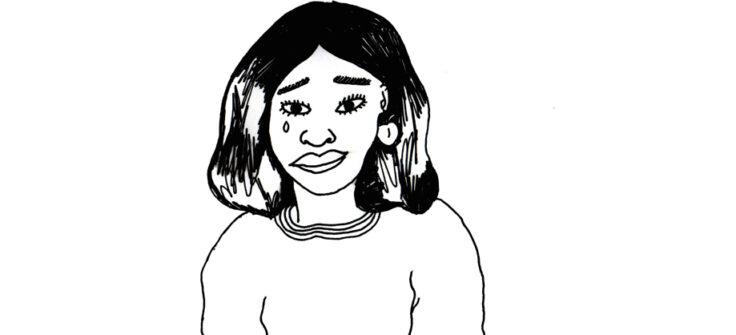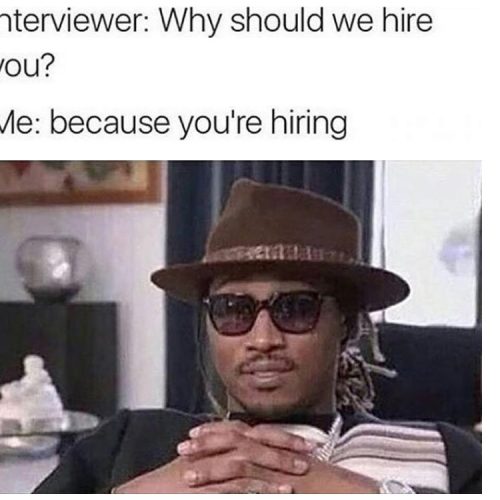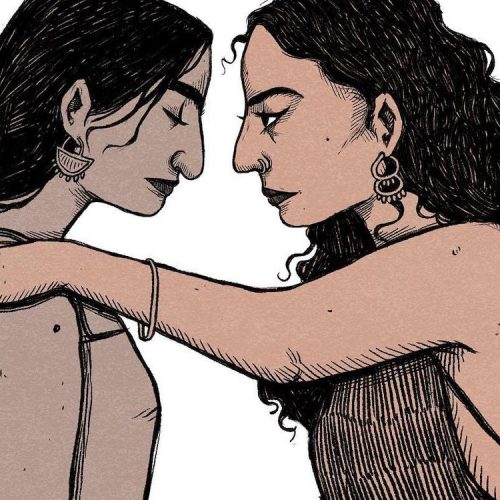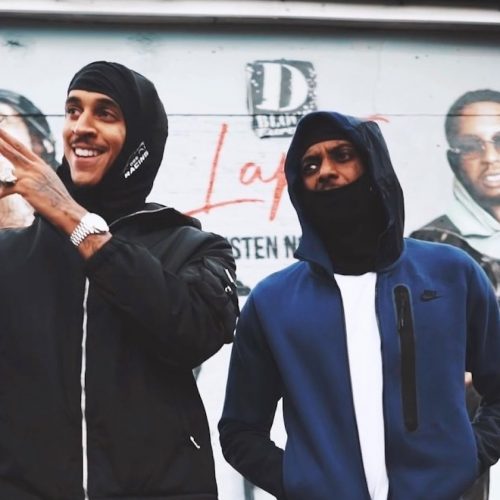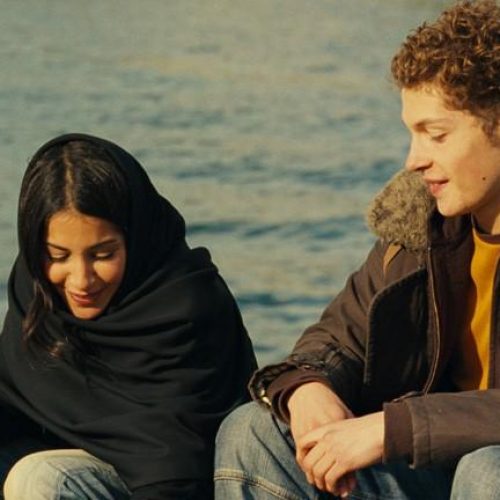Last month, a 28-year-old Australian man published a white supremacist manifesto and then killed 50 people and injured 50 others in a catastrophic terror attack in two mosques in Christchurch, New Zealand.
Since the horrific attacks, the number of anti-Muslim hate crimes have skyrocketed in many Western countries— in Britain, they have increased by 593%, the highest level since the aftermath of 9/11, according to Tell Mama, an independent monitoring group.
Obviously, this alarming rise is affecting many Muslims across the globe, who feel like they’ve now inevitably become subject to abuse. And according to research, discrimination is severely impacting Muslims’ mental and physical health. It has been documented that islamophobia creates anxiety, psychological distress, anger, isolation amongst other alarming signs.
In the wake of this rampant wave of islamophobic abuse, we caught up with five young Muslims to find out how they’ve been affected by it.
Sofiane, 28, French-Yemeni
I recently obtained a job in the public service in France. Among the formalities inherent to this new position, I had to do a mandatory medical check-up with a doctor accredited by the institution I was now working with. The doctor asked if I was a smoker and I said yes. She then asked if I smoked shisha, and I said no. She nonetheless decided to lecture me on the negative effects of shisha. At some point, she mentioned she was just back from Istanbul and so I asked her how her trip was. She told me how she felt uncomfortable with veiled women and the absurdity of the call to prayer at dawn. “They can pray, but they don’t need to interrupt our sleep”, she told me. She then checks my blood pressure without really paying attention to it, and continues her speech, explaining to me how it’s hard to consult patients who are covered. I started feeling really tense and by the end of the consultation, she asked me, “are you Muslim?” I really felt pressured and needed to leave this place, even though this was supposed to be an important moment, officialising my aptitude to serve as a French civil servant. I felt terrible.
Ryme, 24, Moroccan
The reason why Islamophobia doesn’t affect me so explicitly is because people see me as an “assimilated” Muslim, which in truth might be even worse. They consider me civilised because I look like the Muslim they want to see. And so, my friends allow themselves to say racist things in front of me, because they ignore the fact that it can actually affect me. And I kind of let it go, because I don’t want to become the “victim”. They automatically associate Islam with terrorism and it really makes me sad, because I feel like I always have to remind people that my religion is tolerant— it’s so tiring and unfair! These comments are so normalized, it makes me feel so misunderstood and lonely. It’s almost like like we’re living a similar time to the pre-WW2 era. I even feel so helpless and discouraged; it seems like we are doomed to be labelled as the “other” forever.
Samy, 23, Palestinian
Ever since 9/11 and even more in recent months, I can’t count the number of times I’ve been stopped and checked by security for absolutely no reason. Whether it’s literally in public spaces or in airports, I’ve always been illegitimately targeted, just because I suppose I look a certain way that is seen as suspicious. I can’t explain the extent to which I have felt embarrassed and humiliated. It has made me so angry and revolted. At some point, I didn’t even want to go out and meet people anymore. It made me go through bad times, at some point I couldn’t even sleep so much I was feeling dehumanised.
Amina, 20, Algerian-British
I grew up in a very white area in England and was probably the only hijabi in my school and neighbourhood. I have always somehow felt blamed for things, even if I actually never did anything wrong or hurt anybody. Growing up was definitely an alienating experience. But one day particularly, I was casually walking back home from school and a group of guys grabbed my headscarf, pushed me, insulted me and they left all the while laughing. This episode truly traumatised me. I feel so scared of walking alone now, and every time someone walks close to me, I start panicking and get super anxious.
Mischa, 22, Tunisian-French
I was working in a prestigious restaurant in Paris. One day, a man came to drop off his resume. He was wearing a suit and appeared very formal. His name was Mehdi. When he left, the manager and director looked at his experience. He had worked in Michelin-stars restaurants and so they both appeared surprised and said, “Oh, he’s actually good”. Because I personally don’t necessarily look Arab or Muslim, I’ve never had to justify my ethnicity and my bosses didn’t event know I was Muslim. Ramadan was approaching and I was looking forward to have a Muslim colleague, with whom I could relate. But then, the director goes, “Again, another Arab!” and laughing, the other one replies, “They’re everywhere, right?” They ripped the resume, looked at me and said, “Come on! Time to work! It really shocked me because I didn’t think they could think like that. I was so disappointed…. It has made me feel scared, maybe one day I could be the target. I started losing confidence in my own people, asking myself if I could really trust the people around me and I even started developing hatred.
Illustration by Roshbena





